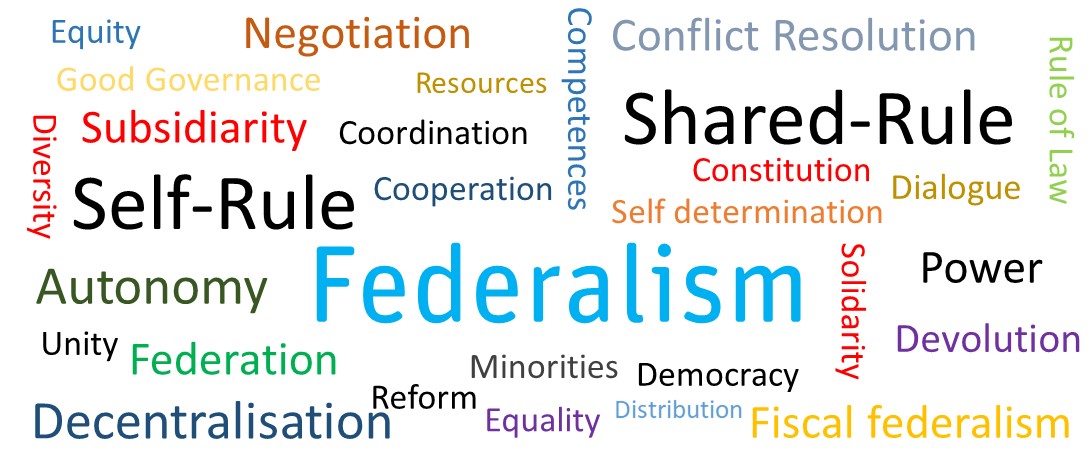Abstract
The research on consociationalism and conflict needs to take into account the interplay between consociational institutions such as self-rule, power sharing, parliamentarism, and proportional representation. We present a configurational risk analysis of 556 subnational cases in 21 fractionalized post-war anocracies, which aims at identifying in which consociational configurations self-rule is associated with a reduction or rather increase of violent conflict risk. In our analysis, the full consociational package is indeed associated with a conflict risk reduction. However, consociationalism is not the only game in town, with majoritarianism being on par when it comes to peace promotion. In contrast, mixing institutions from both “worlds” is actually associated with an increase of conflict risk. Divided societies are therefore well advised to adopt consistent approaches of institutional engineering.

